In every business, contracts are part of daily life: with service providers, suppliers, partners, shareholders, investors, and so on. But the costliest contract isn’t the one you paid to have drafted. It’s the one that, when the time comes, doesn’t protect your business.
While many entrepreneurs still see contracts as mere bureaucracy, others believe that “an online template” will do the job. More recently, we’ve even seen AI-generated contracts—the most absurd I’ve come across! The problem is that when conflicts or claims arise, a generic document doesn’t hold up. And so, what seemed cheap ends up becoming very costly.
See the statement from Abílio Diniz (one of the greatest Brazilian businessmen): link.
The Real Value of a Well-Drafted Contract
A solid business contract is far more than just a signed piece of paper. It is, in fact, a tool for management and protection. Among its benefits are:
- Reducing conflicts caused by lack of clarity.
- Clearly defining rights and obligations.
- Providing for swift solutions in times of crisis.
- Enhancing credibility with partners and investors.
When these elements are missing, risks quickly emerge. In other words, a poorly drafted contract opens the door to misinterpretations, undermines cash flow, and can even jeopardise future negotiations.
Checklist: Is Your Contract Really Secure?
Here’s a simple test you can apply in your company. Look at your current contracts and ask yourself:
- Are the deadlines and amounts clear and up to date?
- Is there a fair exit clause for both parties?
- Does the contract include balanced penalties or fines?
- Is there a provision for resolving disputes without relying solely on the courts?
- Does the document reflect the current reality of your business?
And of course, these are only the basics.
Just like this article (or the many ready-made templates you’ll find online—or even those produced by artificial intelligence), these points are generic and superficial.
A specialist goes far beyond a checklist: they identify the specific risks of your business, adapt clauses to your sector, and structure contracts that truly work when you need them most.
Business contracts should not be seen as a cost, but as an investment in security and growth. In practice, the entrepreneur who anticipates risks preserves cash flow and protects the reputation and longevity of their company.
In the end, what’s truly costly isn’t hiring a specialist. It’s discovering, at the worst possible moment, that your contract is worthless.


